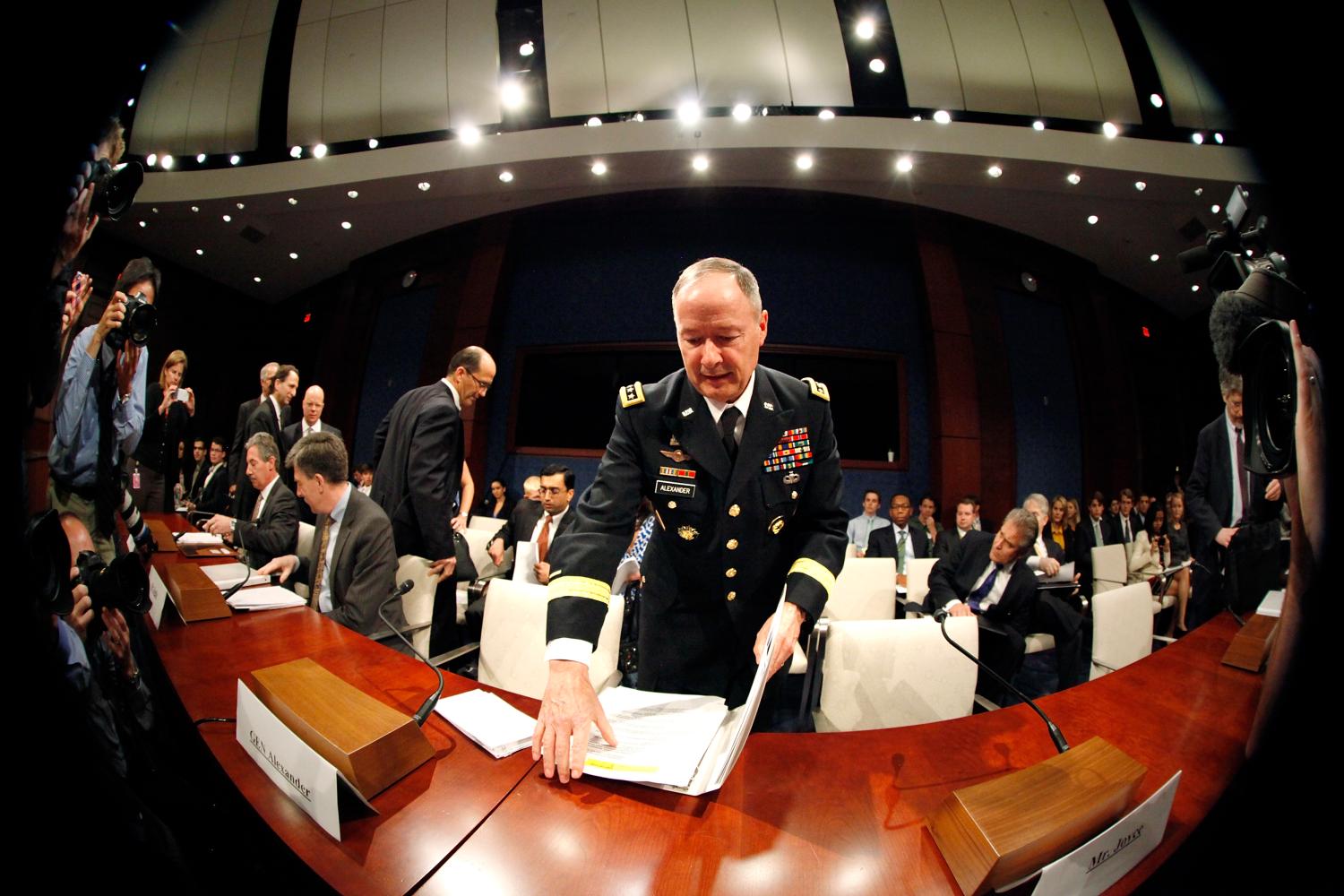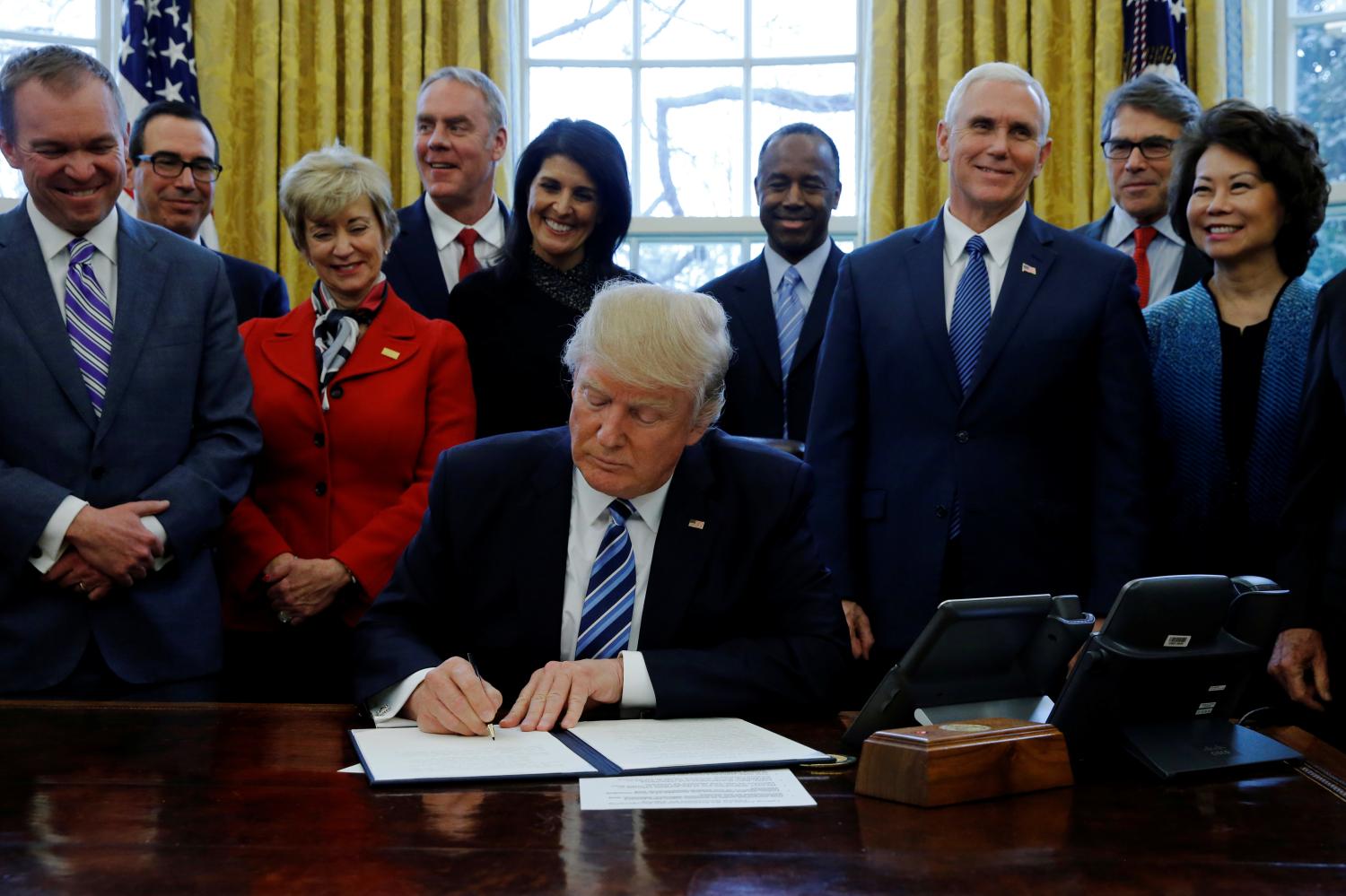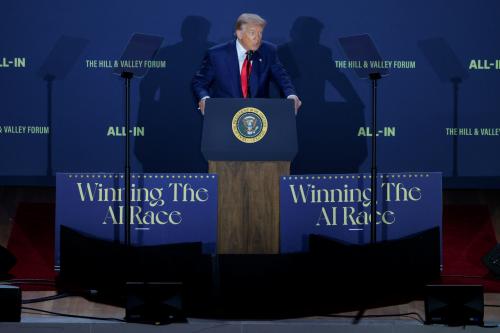U.S. policymakers in the post-9/11 world face difficult choices between striving for higher levels of security and protecting civil liberties. Recent leaks about vast surveillance programs have raised fears that the government is using powerful tools to invade the privacy of millions of Americans. Because the Patriot Act provides a legal basis for this surveillance, it is widely held responsible for undermining constitutional rights.
Based on their ongoing research on the Patriot Act, William Bendix and Paul Quirk demonstrate major failures in congressional policymaking on domestic surveillance. They argue that although Congress has generally sought to balance concerns for security and civil liberties, poorly deliberated decisions have undermined both values. In addition, Congress generally failed to provide for appropriate reviews of investigative methods. And when it finally identified problems with surveillance tools, it passively allowed the executive to develop solutions. The current controversies over domestic spying stem from the exploitation of this largely unstructured discretion by the Bush and Obama administrations.
Bendix and Quirk make recommendations for both substantive policy and institutional reforms. They write that Congress should restrict seizures of personal records by requiring that they target specific suspects. It should set explicit legislative policies on investigators’ access to phone records. And it should undertake institutional reforms—on both the legislative and executive sides—to enhance advocacy of privacy interests, to improve monitoring and assessment of investigative activities, and to strengthen congressional participation in areas requiring secrecy.
Recommendations
It is debatable whether the U.S. government, overall, has struck a defensible balance between enhancing security and protecting civil liberties. We have seen the implementation of expansive surveillance programs, and we have reason to believe that other important surveillance operations remain classified and undisclosed. It is even possible that the executive has withheld eavesdropping activities from Congress. But if recent accounts by Intelligence members are accurate, we have also seen that agents follow multiple court procedures—first by seeking judicial approval to seize records and then by obtaining separate, highly targeted approval to examine records. Most of the very few members of Congress who have closely monitored the FISA process believe that it includes reasonable safeguards. Still, the policymaking system has been overly secretive, dominated by the executive, and slow to identify gaps in privacy protections. Bendix and Quirk suggest both changes to the Patriot Act and, more important, changes to the institutional arrangements for making decisions on surveillance policy.
To improve congressional deliberations on surveillance policy, Bendix and Quirk suggest several action items:
-
- Congress should constitute a new, expanded, and strengthened select committee to receive briefings on domestic surveillance policy. It should consist of selected members from several committees, including the Judiciary committees, and not just the Intelligence panels.
- Congress should also revisit the business-records provision of the Patriot Act. The executive now uses business-records orders in a much broader way than Congress intended, collecting all domestic phone data with blanket FISA requests.
- Finally, the authors call on Congress to establish a radically enhanced, independent office of privacy. Although a modest Office of Privacy and Civil Liberties currently exists in the Department of Justice, it reports to the attorney general. An effective watchdog would either report to Congress, like the Government Accountability Office or the Congressional Budget Office, or else operate independently within the Executive Branch, as with the Inspectors General.
These are ambitious institutional reforms. But as surveillance technologies become ever more sophisticated, and potential terrorist attacks increasingly devastating, to maintain a healthy balance between security and privacy will depend on overcoming the institutional weaknesses in policy deliberation that have been demonstrated over the unedifying twelve-year history of the Patriot Act.
The Brookings Institution is committed to quality, independence, and impact.
We are supported by a diverse array of funders. In line with our values and policies, each Brookings publication represents the sole views of its author(s).




